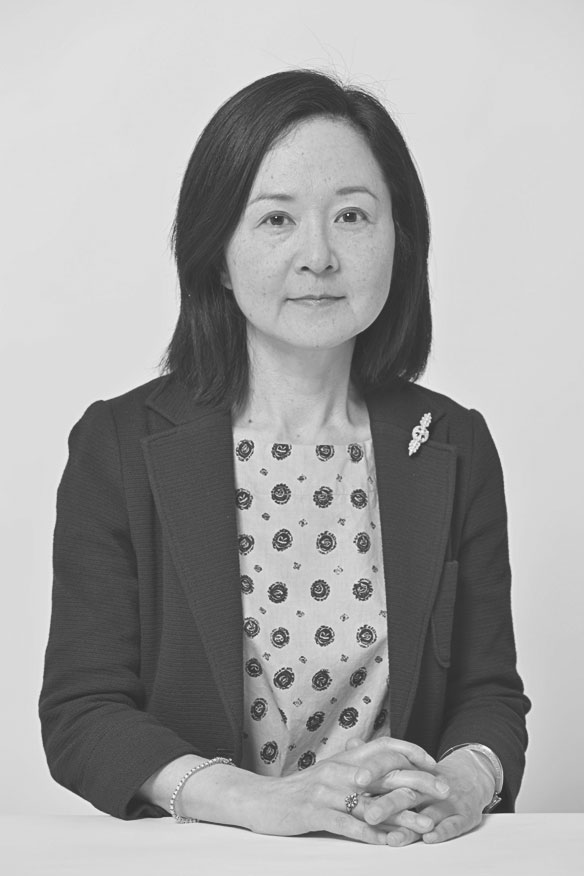

As everyone lowered their heads and hurried through the downpour, nobody challenged their rapid pace toward the hiding place. This was the same for Anne Frank and her family. On the day the editor moves to the secret room, it’s raining heavily. “For me, reading The Diary of a Young Girl was the reason I became an author. One thing it taught her was that she had been given the freedom to express in words what she was feeling inside. When writing it, however, Ogawa felt she was paying tribute to Anne Frank’s The Diary of a Young Girl, which made a strong impression on her when she read it as a teenager. The story is indeed relatable to today’s anxieties over the surveillance society, media manipulation, and authoritarianism.

One day the narrator, an author, hides her editor in an underground room. Once they are gone, most of the islanders are not even aware of what they have lost, but those residents who can remember are hunted down by the police and taken away. The vanishings are matched by changes in the natural world, and secret police destroy any items that remain.

The Memory Police takes place on an island beset by the quiet disappearance from people’s remembrance of everything from birds and flowers to photographs and calendars. But when I reread the book for the first time in ages, I was shocked that I’d included a tsunami, and it’s frightening to think that rather than getting further away from the world I created in the book, contemporary readers are connecting it with the near future.” A Homage to Anne Frank I had no intention of depicting a near-future setting as a political statement-it was meant to be more like the past, before I was born.

“They were asking me political questions that nobody did 25 years ago. Recounting her experience in American media interviews, Ogawa says that while she felt the essence of the work had been thoroughly conveyed through the translation, she was surprised at the links reporters made to the current US political situation. It has won new readers as a universal tale of memory and loss, while also being interpreted within the trend for dystopian fiction in the English-speaking world. Stephen Snyder’s version of Ogawa’s 1994 Hisoyaka na kesshō was a finalist for the National Book Award for Translated Literature, and at the time of writing has reached the longlist stage of the International Booker Prize. The Memory Police, a 2019 translation of an Ogawa Yōko novel first written 25 years earlier, has brought fresh attention to a book that, perhaps surprisingly, is being seen as speaking particularly to our twenty-first century times.


 0 kommentar(er)
0 kommentar(er)
